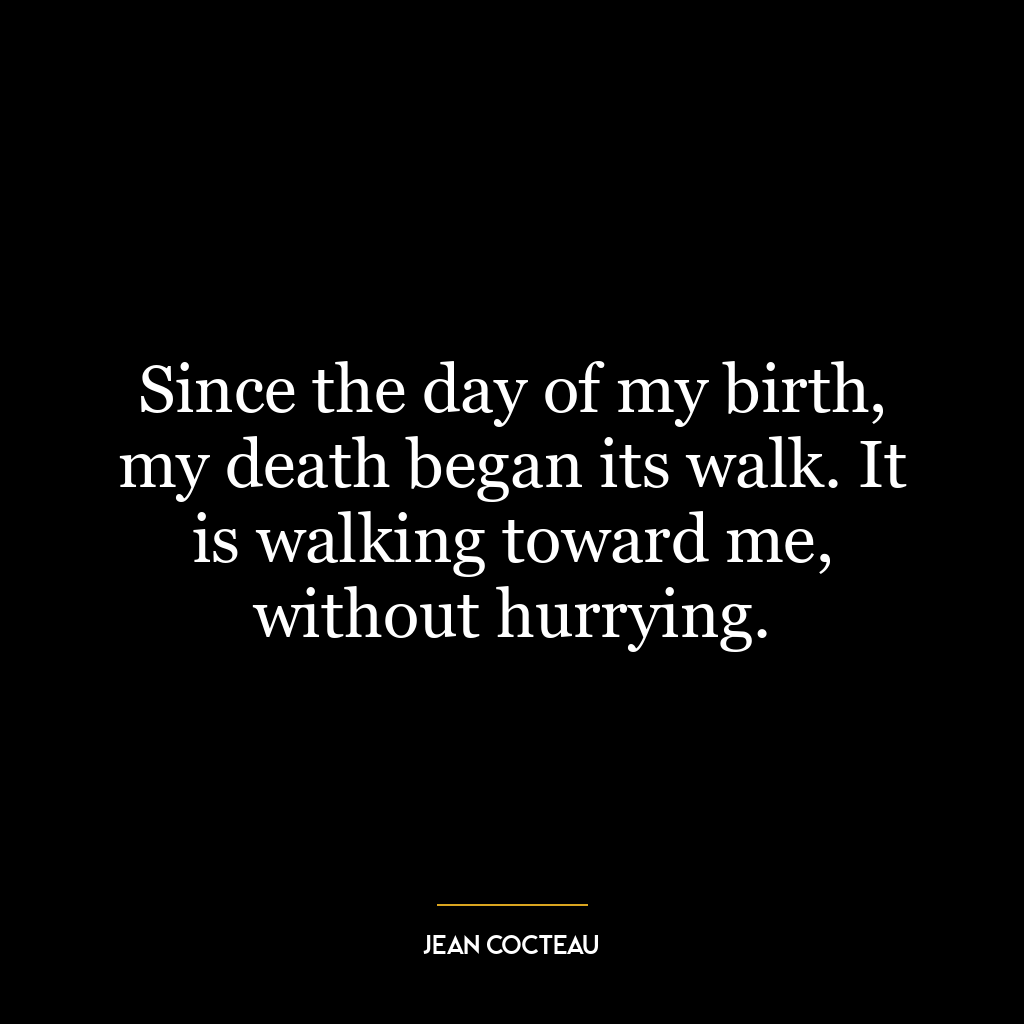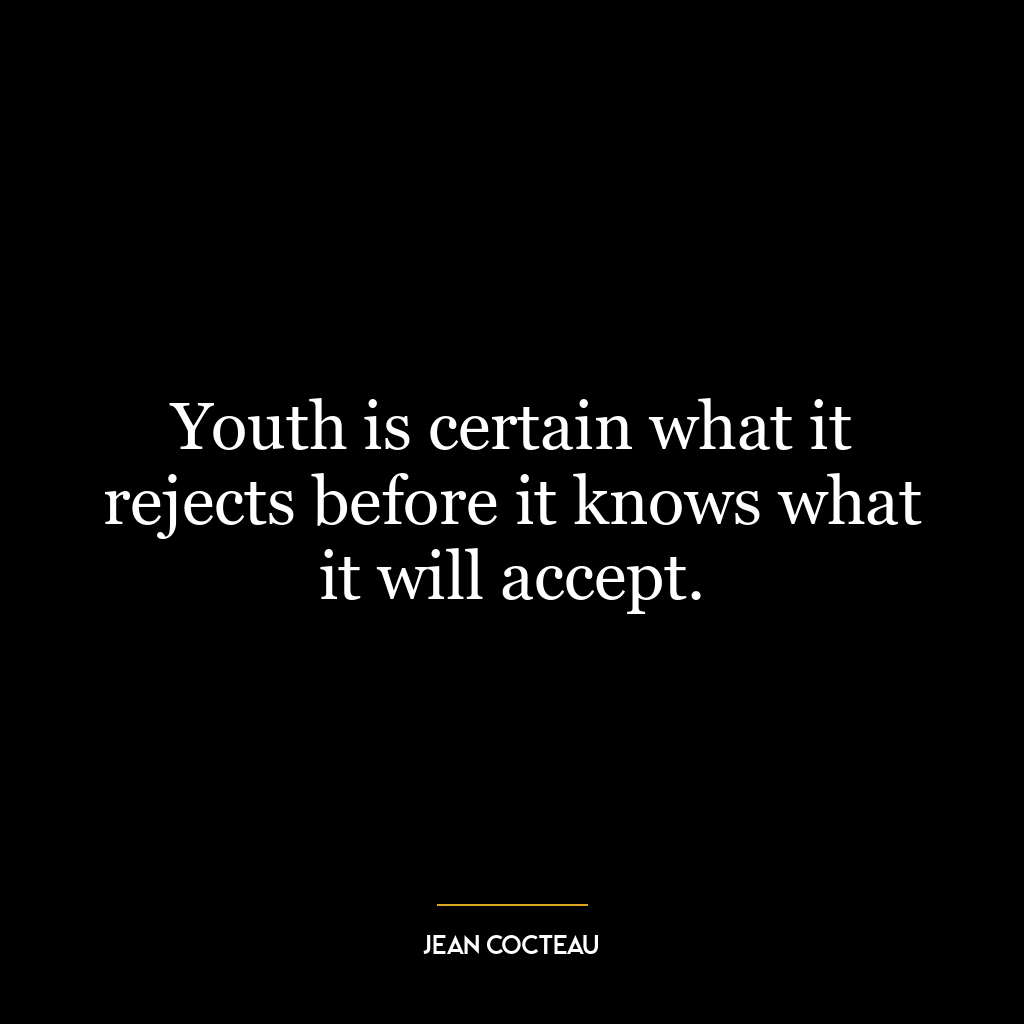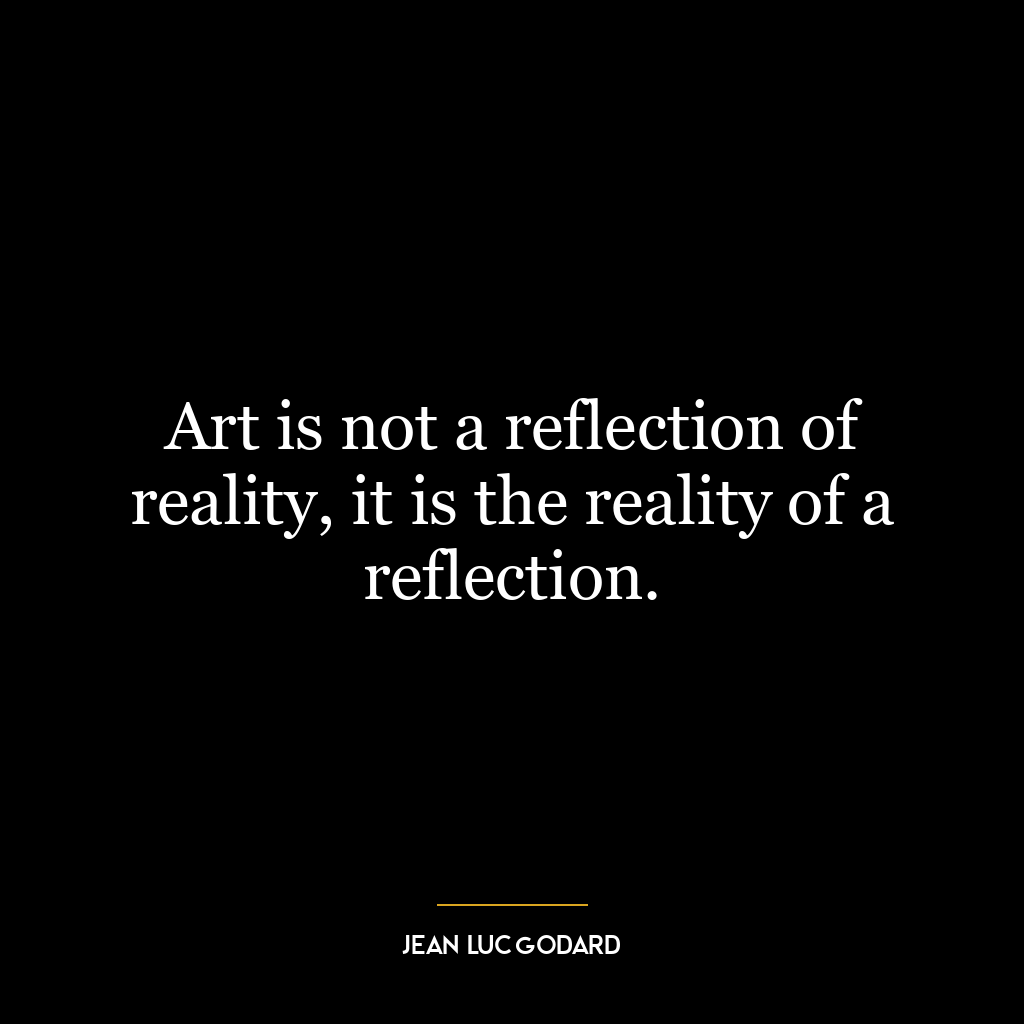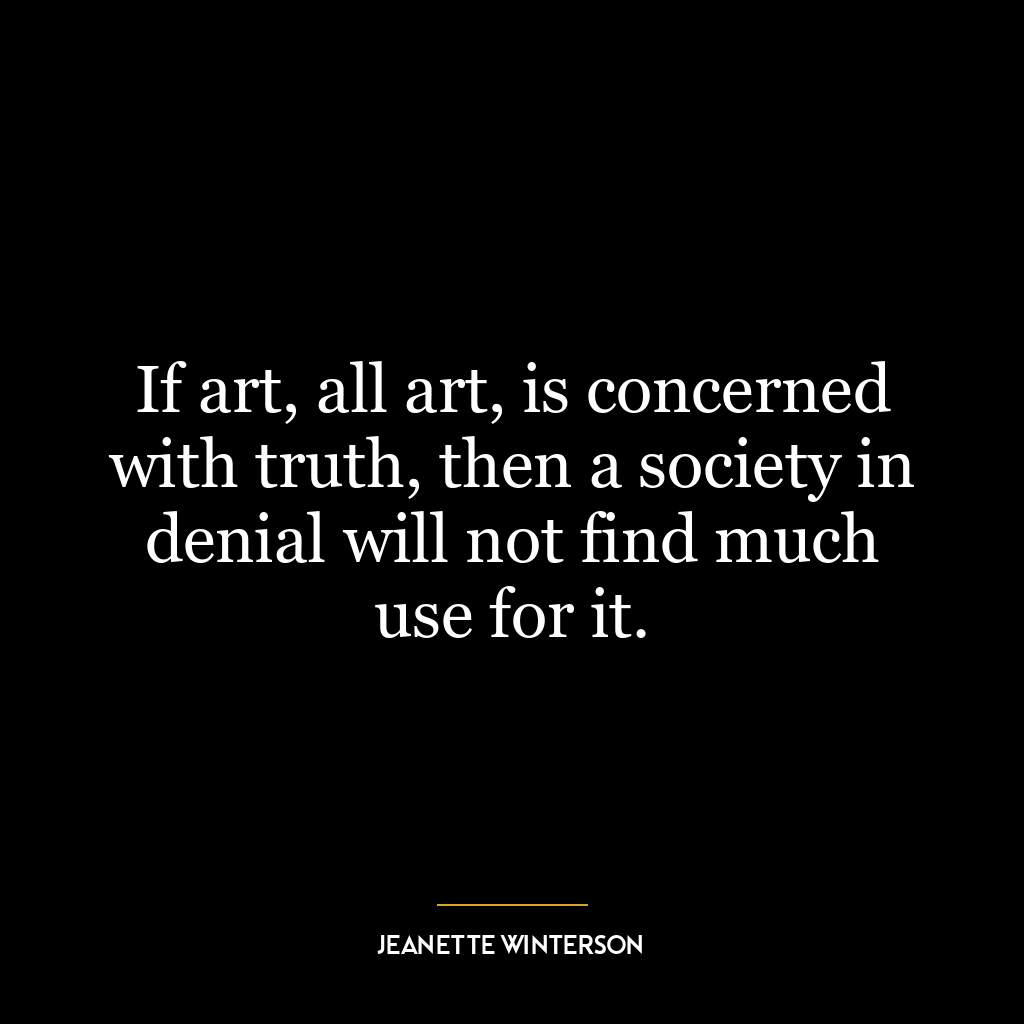This quote suggests that just because an idea or belief is old and widely accepted doesn’t necessarily make it true. It challenges the notion of accepting an idea merely because it has been around for a long time and has been believed by many. It advocates for critical thinking, implying that we should question and scrutinize beliefs, regardless of their age or popularity, to determine their validity.
In today’s world, this quote is particularly applicable in many areas. For instance, in science, theories that were once widely accepted are constantly being revised or even discarded as new evidence comes to light. For example, the once prevalent belief that the earth was the center of the universe was eventually replaced by the heliocentric model.
In the realm of social norms and values, this quote also holds relevance. Many societal norms and beliefs that were once widely accepted, such as racial segregation or gender inequality, have been challenged and changed over time. This indicates that the age and acceptance of an opinion are not definitive proof of its truth.
In terms of personal development, this quote encourages individuals to question widely accepted beliefs and norms and not accept them blindly. It promotes intellectual curiosity and critical thinking, advocating for individuals to form their own opinions based on evidence and personal judgment rather than simply conforming to popular belief. It implies that personal growth comes from questioning, learning, and understanding, not from accepting things at face value.












